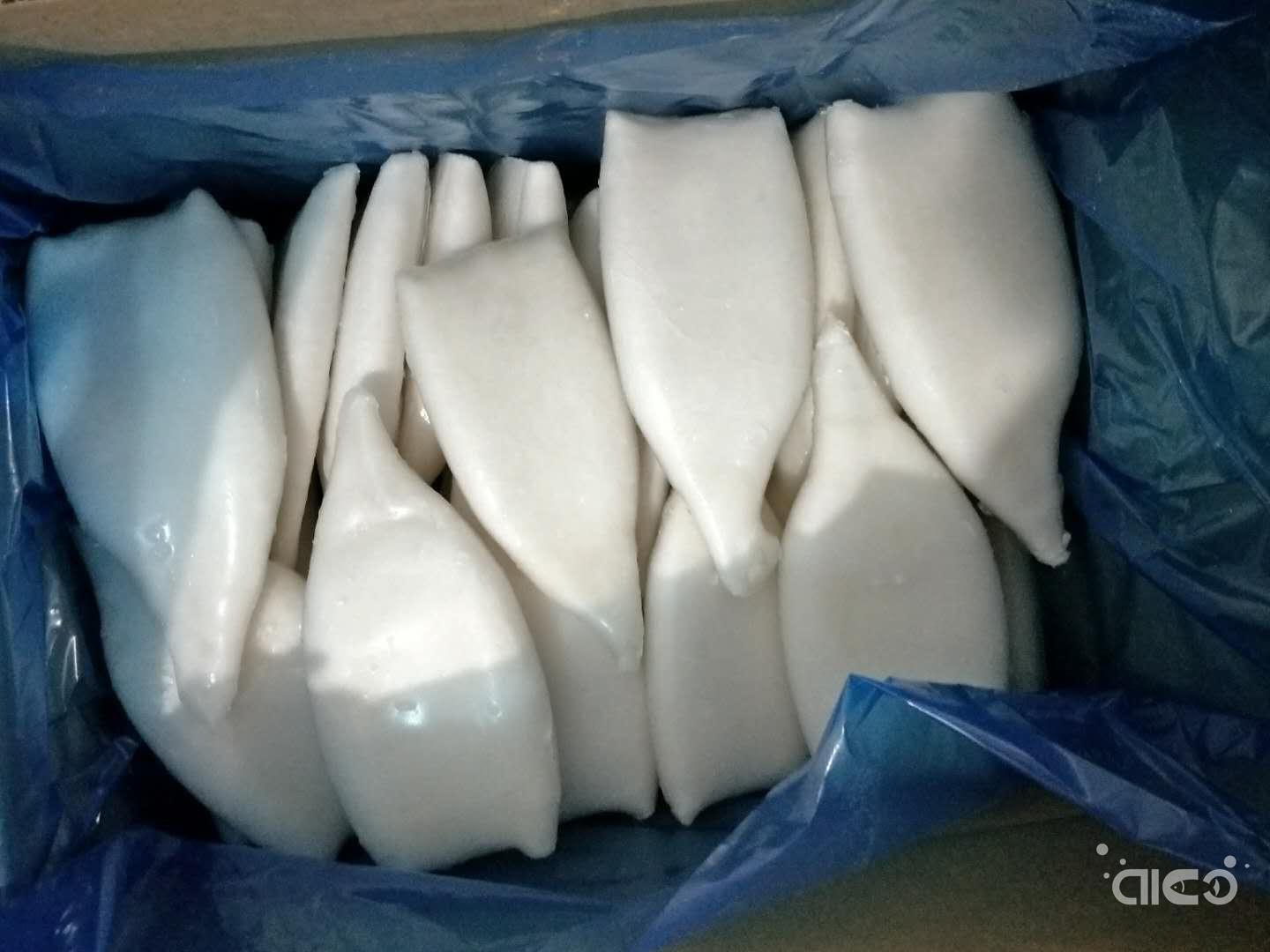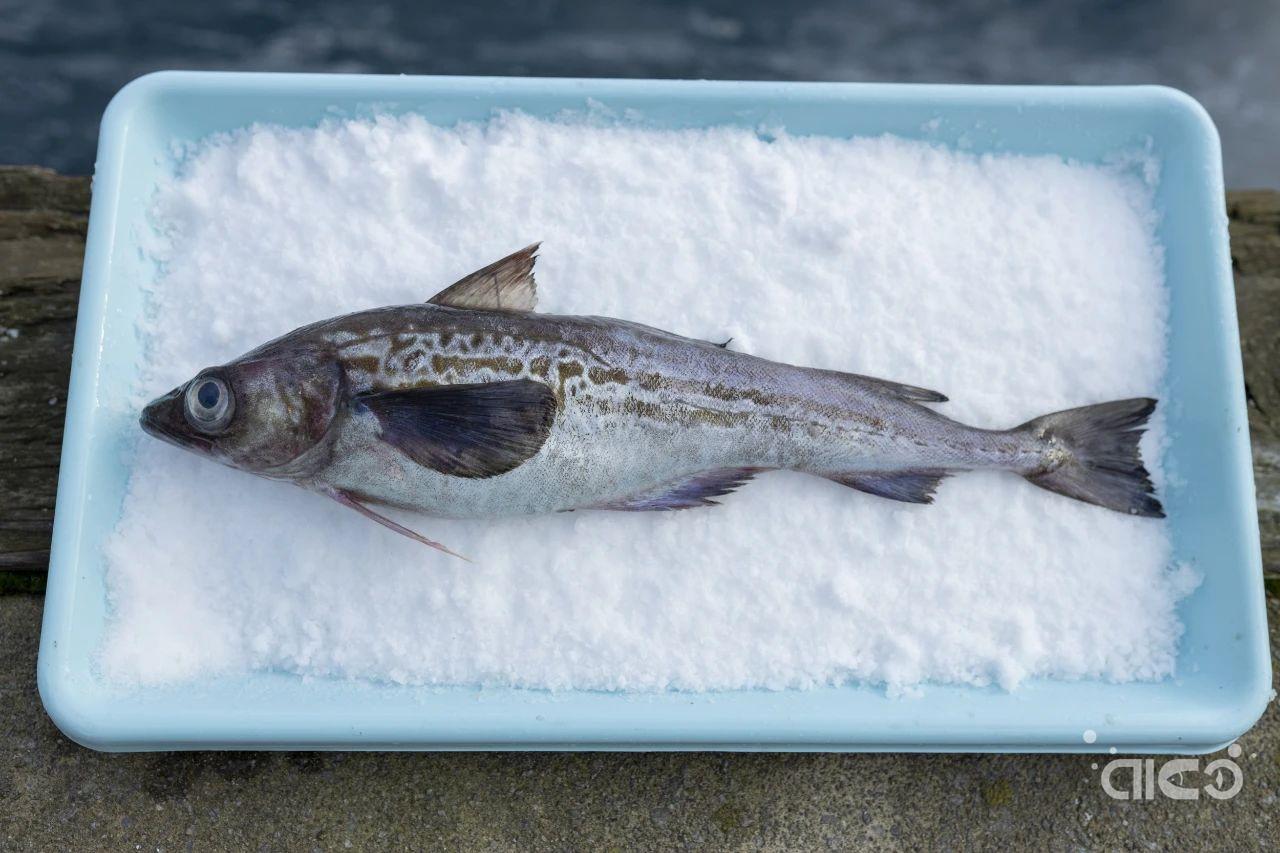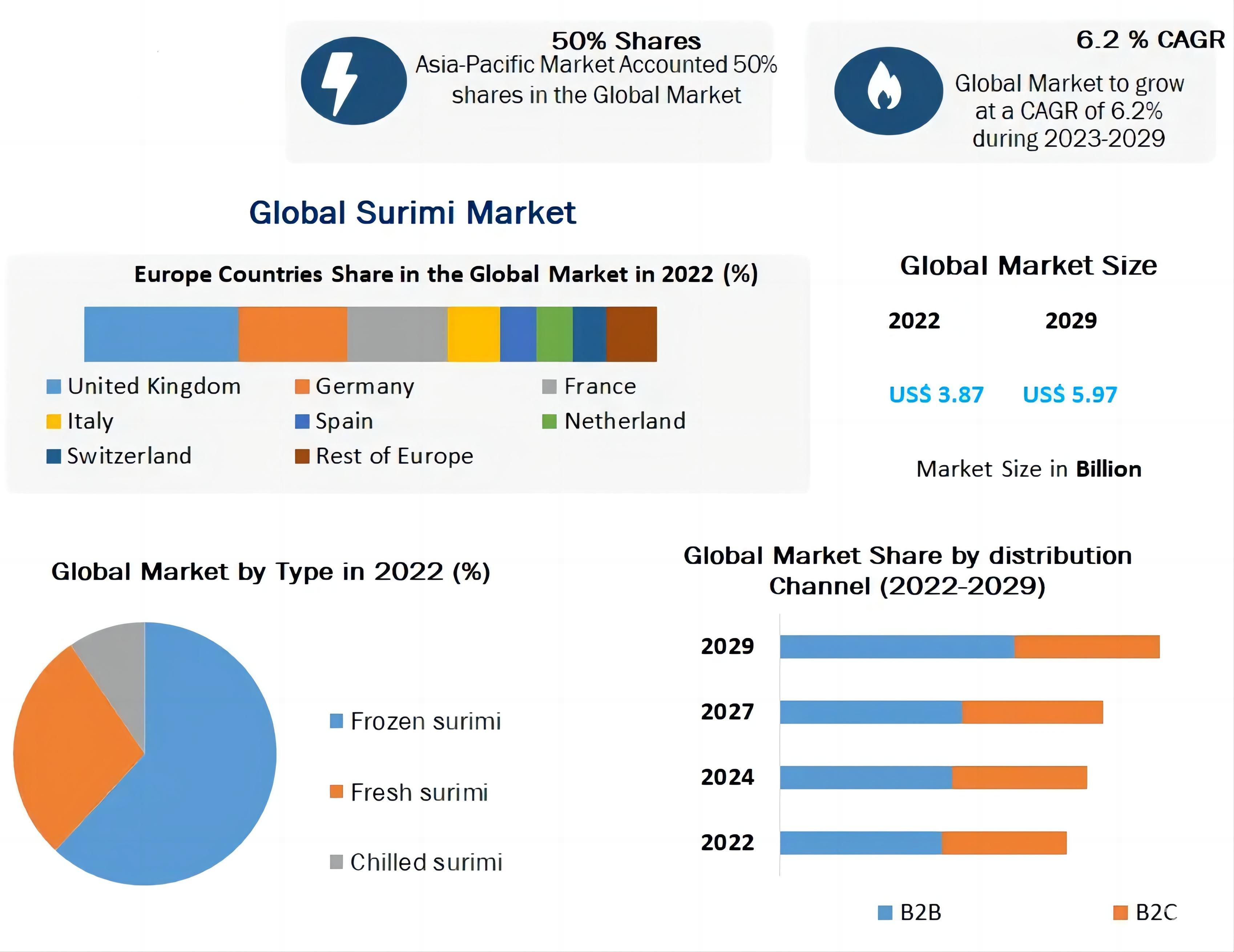China's squid market prices will short-term maintain a bipolar trend
In the 7th week of 2025 (10th to 13th February), China's squid market offers were clearly divided: Southeast Pacific squid and Indian Ocean squid prices showed an upward trend, with Southeast Pacific species becoming the focus of the market due to the reduction of stocks and the rebound of demand; Southwest Atlantic squid (offline) and Northwest Pacific squid maintained stable prices. Combined with the trading data of Zhejiang Zhoushan International Agricultural Products Trade Centre and the dynamics of production areas, we will analyse the market performance of each region in detail.

I. Southeast Pacific Squid: Mixed trends of increase and decrease, market activity recovering.
Characteristics of price fluctuation:In the seventh week, the average price of Southeast Pacific squid was RMB 24,240 per tonne, a slight increase of 0.18% compared with the previous week. The price trend of products with different specifications diverged:
- Significant increases: Strong demand for large-size products such as big head (+RMB2,800/tonne), tailfin (+RMB2,000/tonne) and slices (+RMB1,350/tonne) drove up the centre of gravity of the overall market price.
- Decreasing categories: the prices of extra small original strips, small original strips, medium original strips and carcasses were adjusted downward by RMB 650-1,000/tonne, reflecting the adequate supply of small-size products at the stage.
Outlook for the Future Market
A decline in fishing volumes in Peruvian waters (with daily averages of 5-8 tons, mostly small sizes), coupled with a surge in orders following the resumption of factory operations, is likely to support further price increases for large-sized products in the short term. However, smaller-sized varieties may continue to face downward pressure.
II. Southwest Atlantic Squid (Offshore): Supply and demand are balanced, prices remain stable.
In the 7th week, the comprehensive average settlement price of squid in the Southwest Atlantic (offline) was RMB 34,343 per tonne, with a fluctuation range of ±250 RMB per tonne, unchanged from the previous week. Among them: large sizes dominated the trade: products above 400g accounted for more than half of the total, and the settlement price for sizes above 600g reached as high as RMB 37,500/tonne. Argentina's production area recovered: after the storm's impact subsided, the native fleet's yield rebounded and the cumulative catch for 2025 has reached 27,616 tonnes.
III. The Indian Ocean squid: tightening supply, prices jumped up price movement analysis
In the 7th week, Indian Ocean squid quotes increased significantly
- Main specifications: 300-500g, 500-1000g products increased by RMB 1,000/tonne each.
- fishing crisis: sustained low production since October 2024 (down more than 30% year-on-year), exacerbating the pressure of global squid supply chain shortages.
Market Forecast
If the fishing conditions in the Indian Ocean region fail to improve during the peak season (October to June of the following year), prices may continue to break historical highs.
IV. Northwest Pacific Squid: Quiet trading, stable prices.
Although the prices quoted were consistent with those of the previous week, no actual transactions of this species were recorded on the "Ocean Cloud+" platform in week 7.
Summary
- Supply Side: The low output issues in the Southeast Pacific and the Indian Ocean have not been alleviated, and the increased production in the Southwest Atlantic is insufficient to fill the gap.
- Demand Side: After the Spring Festival, inventory has been largely depleted, leading to a concentrated release of procurement demand from processing enterprises.
- Price Trend:In the short term, the squid market price will continue to remain "bipolar," with large-sized and high-quality varieties potentially leading the market upward.






